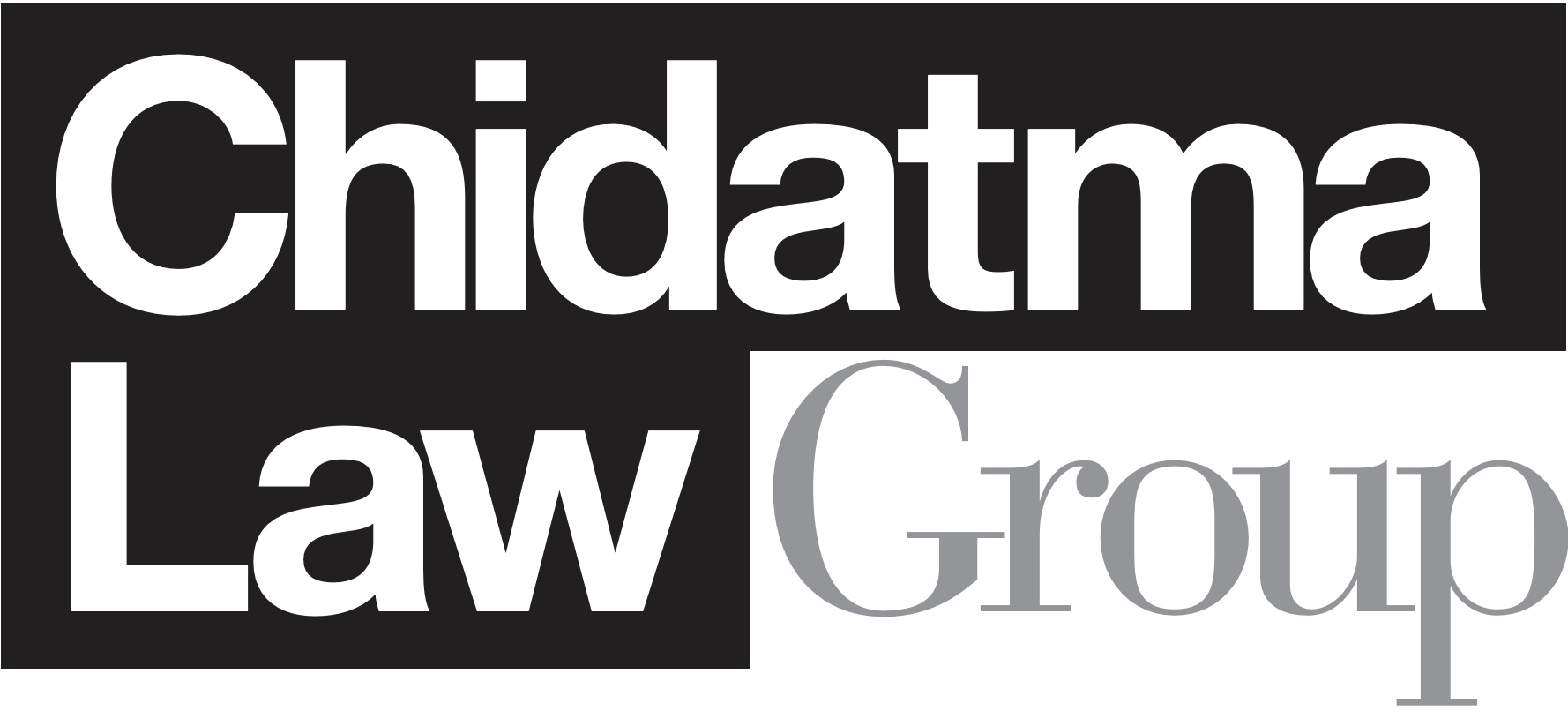
In part one we discussed how a bankruptcy gets started and what it looks like. In part two we take a look see at some bankruptcy tricks and how a company is reorganized in the bankruptcy.
The Debtor can Escape Unprofitable Contracts (like Leases or a Union Contract). The debtor-in-possession may also decide whether to assume or reject contracts that are in the middle of performance and unexpired leases. If the cost of future performance of a contract exceeds the benefit to the estate from performance by the other party to the contract, then the debtor-in-possession may elect to reject the contract. When the debtor-in-possession determines that the cost of its performance is less than the benefit of the other parties’ performance, the debtor-in-possession may assume the contract. A debtor-in-possession may also assign contracts to third parties despite provisions in the contract prohibiting such assignments. We often see a debtor-in-possession with a valuable lease assign the lease and make money which becomes part of the estate. If the debtor-in-possession elects to assume an agreement or assign it to a third party, the debtor-in-possession must cure all defaults under the agreement.
Turnover. Chapter 11 entitles the debtor-in-possession to recover from third parties the debtor’s property that may be in the hands of those third parties. The debtor-in-possession also has the power to recover preferential payments made to creditors during the ninety days preceding the commencement of the Chapter 11 case. The debtor-in-possession also may recover transfers made to third parties for no consideration or inadequate consideration.
Professionals – like lawyers, accountants, or brokers – can be Hired Under Court Approval. A debtor-in-possession may retain attorneys, accountants and other professional persons with court approval. Generally, a creditors committee is also formed in a Chapter 11 proceeding to represent the interests of unsecured trade creditors. The committee may retain attorneys and accountants and other professionals. All expenses of professionals in a Chapter 11 case, and all other obligations incurred by the debtor-in-possession after the commencement, are administration expenses entitled to first priority of payment ahead of all other unsecured claims against the debtor.
Reorganization Plan. A debtor-in-possession with a viable business should be able to restructure its affairs so the business operates with a positive cash flow. If a positive cash flow cannot be achieved, the reorganization proceedings will be terminated. Once the debtor-in-possession can project positive cash flow that can be generated by the business, the debtor-in-possession may then formulate a plan of reorganization based upon that projected cash flow. To confirm a reorganization plan, numerous tests must be met by the debtor-in-possession. Foremost, the court must find that the debtor will not require further reorganization and can live up to its plan. Second, the present value of the distributions to each creditor would receive if the debtor was liquidated and the cash proceeds of liquidation distributed.
Creditors and stockholders are divided into classes for treatment under the plan of reorganization. All persons within a class must be treated equally. Certain additional rules govern the distributions among the classes of creditors and stockholders. The “absolute priority” rule requires that each class of creditor be paid in full before subordinate creditors receive value. A creditor may waive the protection of this rule. The absolute priority rule permits secured claims to be scaled down to the collateral value securing the claim, with the remainder of the claim treated as a general unsecured claim.
Debts Incurred During the Bankruptcy to Help Keep the Business Running. Unsecured claims are classified into various levels of priority. The first priority are expenses of administration. Pre-petition claims for taxes, and employees’ wages also may have priority. Pre-petition claims arising from promissory notes, the purchase of goods or services, the rejection of leases and executory contracts and other matters receive the lowest priority. A claim of unsecured creditors must either receive property of a value equal to the face amount of their claims or they may object to the receipt or retention of property of any value by claimants of lower priority. If general unsecured creditors are not paid in full under the plan, they can wipe out the interests of stockholders. Payment to creditors may take any form. For example, creditors may be issued notes in the face amount of their claims bearing a market rate of interest or they may be issued stock. Stockholders may receive what remains after payment to creditors and may object to creditors receiving more than their claims.
Voting on the Plan. The creditor and stockholder classes may vote on their treatment under a plan. If creditors holding two-thirds in dollar amount and one-half in number of the claims in their class vote for a plan, they may waive the absolute priority rules described above, avoiding an expensive and time-consuming litigation by enabling stockholders or creditors with lessor priority to participate in the plan in violation of the absolute priority rule. A vote of two-thirds of stockholders is necessary to approve a plan.
Conclusion. Confirmation of a plan discharges the debtor from all pre-petition claims, leaving the debtor with only those debts created by the plan. It is usually a long and arduous process, but a company worth saving may create further value in the future. A general understanding of the process will help you as you grow your business.
My name is Dwight Yellen I am a founder of Chidatma Law Group a non-traditional law firm.
The saying, “measure twice, cut once” holds true today. We immerse ourselves in your business and provide an informed legal framework to guide you.
Startups face challenges, and mistakes are costly and can bring your dreams to a screeching halt. You need someone to double-check, to make sure everything is in order and well thought out.
I have provided counsel to people in many fields, including: fashion, pharmaceuticals, technology and real estate. I would love to help you.
Need quick advice on bankruptcy or any other issue?
Click here to schedule a free 15 minute consultation to learn how Chidatma Law Group can help.

